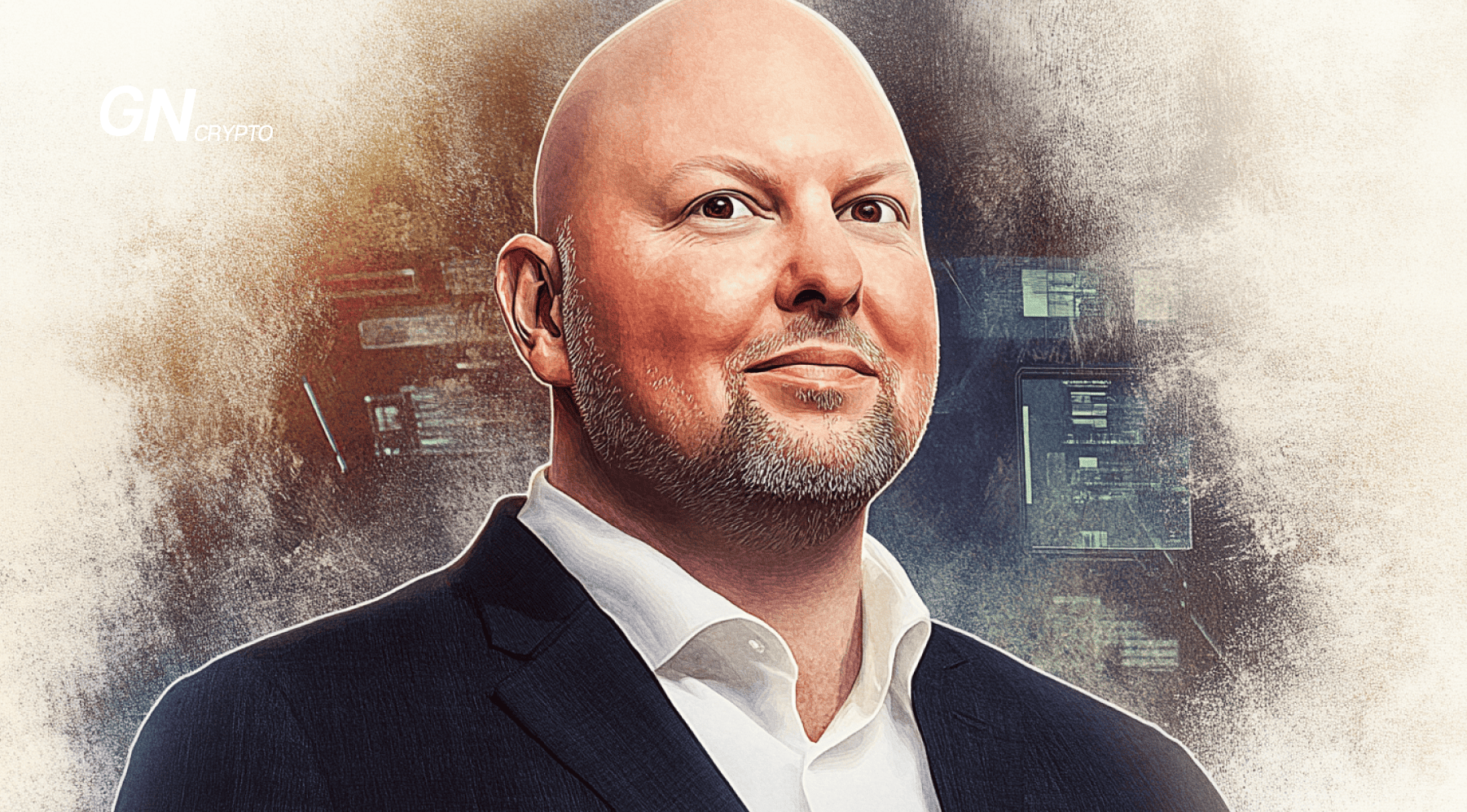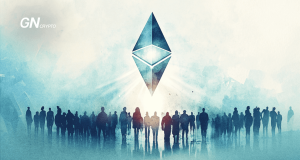Marc Andreessen — Visionary Behind Silicon Valley’s Iconic Firm

Marc Andreessen’s influence on the tech landscape is unmatched. From revolutionizing the internet with Mosaic to co-founding Andreessen Horowitz, his story is one of brilliance, audacious moves, and technological breakthroughs that continue to shape the future.
On this page
Early Ambitions and the Birth of Mosaic
Marc Andreessen was born on July 9, 1971, in Cedar Falls, Iowa. Fascinated by computers from a young age, he taught himself BASIC programming and developed basic arcade-style games. This early passion for technology guided him to the University of Illinois at Urbana-Champaign, where he majored in computer science.
His big break came during an internship at the National Center for Supercomputing Applications (NCSA). In 1993, alongside Eric Bina, Andreessen created Mosaic—the first graphical web browser that opened the doors of the internet to the masses.
The internet before Mosaic was a text-dominated space, intimidating for anyone without technical expertise. Mosaic transformed this by introducing an intuitive interface with integrated image support, revolutionizing online accessibility. Its impact was immediate—within a year, it was downloaded nearly two million times in the U.S., a massive success for the time. Mosaic didn’t just make the web user-friendly; it established the foundation for the internet as we know it today.
NCSA Office, University of Illinois. Source: Visit US
Netscape’s Legacy and the First Browser War
In 1994, Marc Andreessen and James Clark, founder of Silicon Graphics, founded Netscape Communications Corporation. Their goal was to transform the success of Mosaic into a commercial browser that could conquer the global market. Netscape Navigator initially led the pack but soon found itself locked in a fierce competition with Microsoft’s Internet Explorer. Dubbed the “First Browser War,” this clash eventually saw Netscape lose its dominance. In 1999, AOL purchased Netscape, closing a chapter in internet history.
Netscape’s defeat in the “browser war” didn’t diminish its significance in Marc Andreessen’s journey. It solidified his reputation as a visionary capable of creating innovative products and successful business ventures. The experience also offered him vital lessons about navigating the competitive landscape of the tech world.
James Clark and Marc Andreessen, 1995. Source: internethistorypodcast
Loudcloud and Ning — Andreessen’s Next Ventures
After selling Netscape, Marc Andreessen established Loudcloud, which later became Opsware, a leader in IT infrastructure and hosting services for enterprises. In 2007, the company was sold to Hewlett-Packard for $1.6 billion.
In the same year, Andreessen co-founded Ning with Gina Bianchini. This platform gave users the ability to create their own social networks, whether for hobbies, interest groups, or professional communities, opening a new chapter in the evolution of online social spaces.
Although Ning didn’t rival Facebook or Twitter in scale, it embodied Andreessen’s forward-thinking approach to social technology, envisioning a web where users could create their own online environments.
The platform remains in use today, favored by those seeking a refuge from the centralization and censorship of major social networks.
Ning supports social initiatives. Source: ning.com
Andreessen Horowitz (a16z) — Redefining Startup Support
Founded in 2009 by Marc Andreessen and Ben Horowitz, Andreessen Horowitz (a16z) quickly established itself as a powerhouse in Silicon Valley’s venture capital scene.
What set a16z apart was its innovative “full-service” philosophy. Instead of merely writing checks, the firm provided startups with holistic support, ranging from hiring and marketing advice to legal guidance and PR strategy, setting a new standard in venture capital.
With investments in companies like Facebook, Twitter, Airbnb, Skype, GitHub, Coinbase, and Roblox, Andreessen Horowitz has become a vital catalyst for growth in the tech world. Its support spans a wide array of industries, including software development, internet services, biotech, and crypto.
Marc Andreessen and Ben Horowitz. Source: Reddit
The Vision of Marc Andreessen
Marc Andreessen is celebrated for his optimistic, nearly utopian, belief in the power of digital technology to shape a better future for humanity. He views innovation as a tool to tackle some of the world’s greatest challenges and an essential force for progress.
Through his lectures and writings, Andreessen explores the intersection of technology, economics, and societal development. His “Techno-Optimist Manifesto” stands out as a bold declaration that technology is the cornerstone of human advancement and a solution to global problems.
There are only three sources of growth: population growth, natural resource utilization, and technology.Developed societies are depopulating all over the world, across cultures – the total human population may already be shrinking. Natural resource utilization has sharp limits, both real and political. And so the only perpetual source of growth is technology.
While widely celebrated for his contributions, Marc Andreessen is no stranger to criticism. Many accuse him of dismissing the potential harms of technology, with AI development often at the center of these concerns.
His advocacy for certain philosophical ideas has also stirred controversy. In his “Manifesto,” Andreessen referenced Nick Land’s accelerationism, a provocative theory arguing for the rapid advancement of capitalism to its breaking point, a concept critics often associate with extremist and far-right ideologies.
Critics of a16z suggest that the firm’s obsession with unicorn valuations and short-term gains comes at the expense of sustainable goals and societal impact.
Marc Andreessen, co-founder of a16z. Source: Х
Still, few dispute that Marc Andreessen’s career demonstrates the power of foresight, talent, and persistence in building groundbreaking companies and products.
The content on The Coinomist is for informational purposes only and should not be interpreted as financial advice. While we strive to provide accurate and up-to-date information, we do not guarantee the accuracy, completeness, or reliability of any content. Neither we accept liability for any errors or omissions in the information provided or for any financial losses incurred as a result of relying on this information. Actions based on this content are at your own risk. Always do your own research and consult a professional. See our Terms, Privacy Policy, and Disclaimers for more details.






























